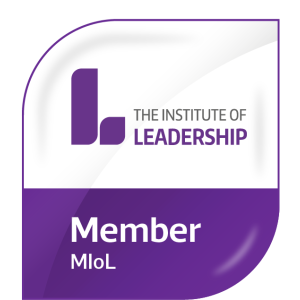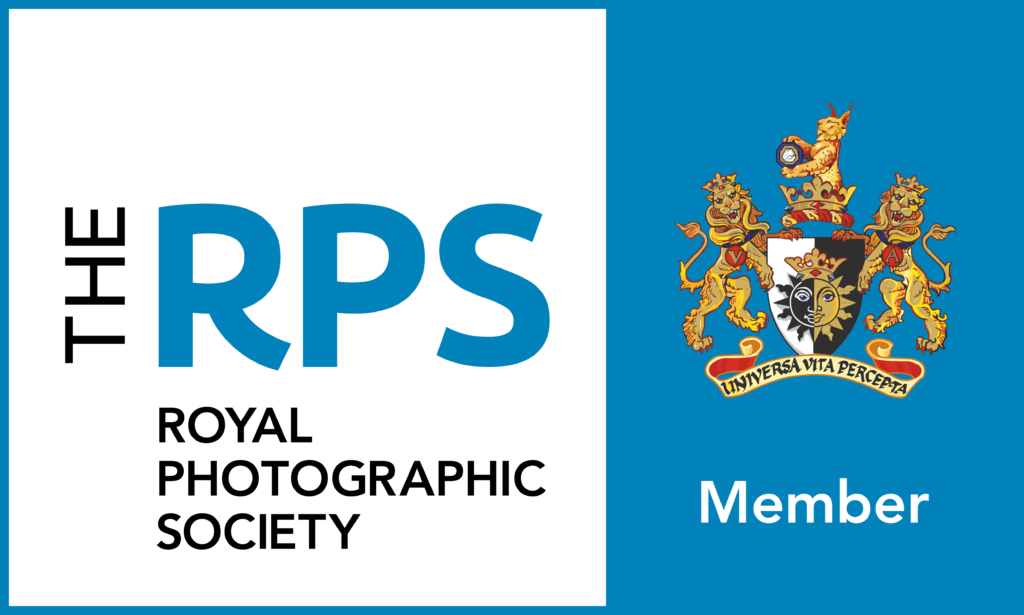Archive for the ‘Jesus’ tag
The Gospel of Matthew – an inclusive message
Last evening, a small group in our parish met at the Rectory for a short Bible study. The text was Matthew 1:1-21.
The Genealogy of Jesus the Messiah
1 An account of the genealogy of Jesus the Messiah, the son of David, the son of Abraham.
2 Abraham was the father of Isaac, and Isaac the father of Jacob, and Jacob the father of Judah and his brothers, 3 and Judah the father of Perez and Zerah by Tamar, and Perez the father of Hezron, and Hezron the father of Aram, 4 and Aram the father of Aminadab, and Aminadab the father of Nahshon, and Nahshon the father of Salmon, 5 and Salmon the father of Boaz by Rahab, and Boaz the father of Obed by Ruth, and Obed the father of Jesse, 6 and Jesse the father of King David.
And David was the father of Solomon by the wife of Uriah, 7 and Solomon the father of Rehoboam, and Rehoboam the father of Abijah, and Abijah the father of Asaph,8 and Asaph the father of Jehoshaphat, and Jehoshaphat the father of Joram, and Joram the father of Uzziah, 9 and Uzziah the father of Jotham, and Jotham the father of Ahaz, and Ahaz the father of Hezekiah, 10 and Hezekiah the father of Manasseh, and Manasseh the father of Amos, and Amos the father of Josiah, 11 and Josiah the father of Jechoniah and his brothers, at the time of the deportation to Babylon.
12 And after the deportation to Babylon: Jechoniah was the father of Salathiel, and Salathiel the father of Zerubbabel, 13 and Zerubbabel the father of Abiud, and Abiud the father of Eliakim, and Eliakim the father of Azor, 14 and Azor the father of Zadok, and Zadok the father of Achim, and Achim the father of Eliud, 15 and Eliud the father of Eleazar, and Eleazar the father of Matthan, and Matthan the father of Jacob, 16 and Jacob the father of Joseph the husband of Mary, of whom Jesus was born, who is called the Messiah.
17 So all the generations from Abraham to David are fourteen generations; and from David to the deportation to Babylon, fourteen generations; and from the deportation to Babylon to the Messiah, fourteen generations.
The Birth of Jesus the Messiah
18 Now the birth of Jesus the Messiah took place in this way. When his mother Mary had been engaged to Joseph, but before they lived together, she was found to be with child from the Holy Spirit. 19 Her husband Joseph, being a righteous man and unwilling to expose her to public disgrace, planned to dismiss her quietly. 20 But just when he had resolved to do this, an angel of the Lord appeared to him in a dream and said, “Joseph, son of David, do not be afraid to take Mary as your wife, for the child conceived in her is from the Holy Spirit. 21 She will bear a son, and you are to name him Jesus, for he will save his people from their sins.”
We noticed that many times at Christmas we hear the beginning of Matthew’s Gospel, but beginning at verse 18, rather than beginning with the genealogy.
We recognised that genealogies are very much part of the Jewish tradition. Those reading this would have known their place in the genealogies of the Jewish nation. Those reading this genealogy would have recognised the names of people included.
A genealogy is normal, but this one is extraordinary. Included within the genealogy are five women. Not just women, but Gentile women, and some of questionable repute. Other than the Blessed Virgin Mary (v. 18), the four women are: Tamar (v. 3), Rahab (v. 5), Ruth (v. 5), and Bathsheba (‘the wife of Uriah’) (v. 6). But who are these four women?
You can read their stories in the Bible: Tamar in Genesis 38, Rahab in Joshua 2:1-21; Ruth in Ruth 2-4, and Bathsheba in 2 Samuel 11-12). Be prepared, they are not the stories that you are told in Sunday School.
By chance, I mentioned to a Canadian Anglican friend that we had had this Bible study, he suggested that I listen to Bishop John Shelby Spong’s, Matthew Introduces the Virgin Birth. Bishop Spong makes it very clear that if you don’t know the Jewish Scriptures, then the signs that are in the text of his Gospel are lost.
Jesus has four ancestral mothers. – John Shelby Spong.
Please listen to Bishop Spong’s talk, he says it all so much clearer than I can type.
https://youtu.be/uO1MpNh9WUg
The line through which Jesus was born, was through four women. One which includes incest, prostitution, seduction, and infidelity.
All of humanity is included in the kingdom of God. As we said last night, the opening of Matthew’s Gospel hints at the inclusiveness of the kingdom of God. Jew and Gentile; male and female; married and not married; faithful and unfaithful; all are included. Isn’t that most wonderful?












